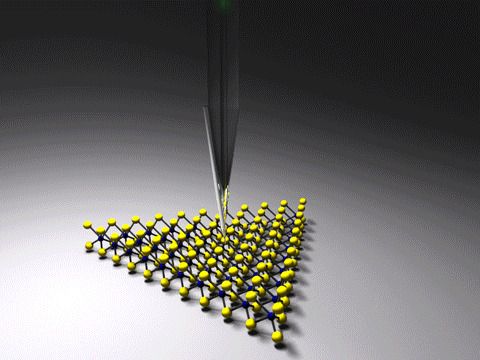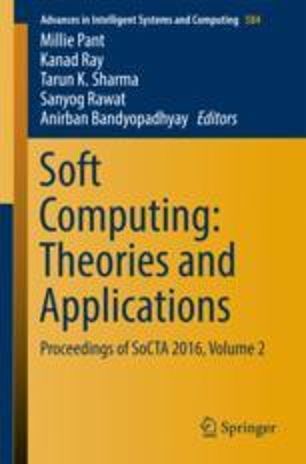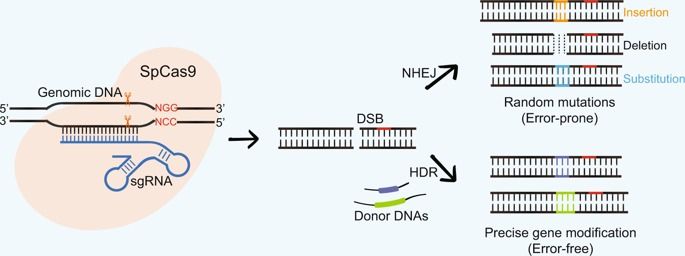What if this rare mushroom is a solution to the earth’s plastic problem?



O.o!
With the growing economic success of legalized recreational marijuana in 11 states it seems that national legalization is right around the corner, but could hallucinogenic mushrooms be next?
The city of Oakland recently decriminalized shrooms, a policy likely to be enacted by the entire state of California. Advocacy groups for the outright legalization of psilocybin have gained a lot of traction in recent years throughout California, Oregon and Colorado. We recently interviewed a respected psychologist who believes that legalized magic mushrooms not only could but should happen in America. He was incredibly wise, and made of hundreds of thousands of bees.
Hard Times: Thanks for taking the time to sit down and talk with us today Doctor… what was the name again?
Be one of the first 500 people to sign up with this link and get 20% off your subscription with Brilliant.org! https://brilliant.org/realengineering/New streaming platform: https://watchnebula.com/Vlog channel: https://www.youtube.com/channel/UCMet4qY3027v8KjpaDtDx-gPatreon:
https://www.patreon.com/user?u=2825050&ty=h
Facebook:
http://facebook.com/realengineering1
Instagram:




Greek researchers create the world’s fastest RAM.

We report that 3D-A-DNA structure behaves as a fractal antenna, which can interact with the electromagnetic fields over a wide range of frequencies. Using the lattice details of human DNA, we have modeled radiation of DNA as a helical antenna. The DNA structure resonates with the electromagnetic waves at 34 GHz, with a positive gain of 1.7 dBi. We have also analyzed the role of three different lattice symmetries of DNA and the possibility of soliton-based energy transmission along the structure.

Fruits are major sources of essential nutrients and serve as staple foods in some areas of the world. The increasing human population and changes in climate experienced worldwide make it urgent to the production of fruit crops with high yield and enhanced adaptation to the environment, for which conventional breeding is unlikely to meet the demand. Fortunately, clustered regularly interspaced short palindromic repeat (CRISPR) technology paves the way toward a new horizon for fruit crop improvement and consequently revolutionizes plant breeding. In this review, the mechanism and optimization of the CRISPR system and its application to fruit crops, including resistance to biotic and abiotic stresses, fruit quality improvement, and domestication are highlighted. Controversies and future perspectives are discussed as well.